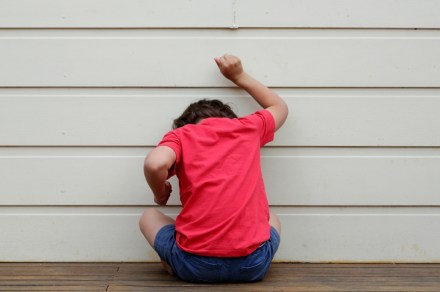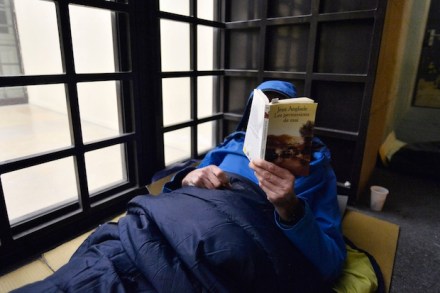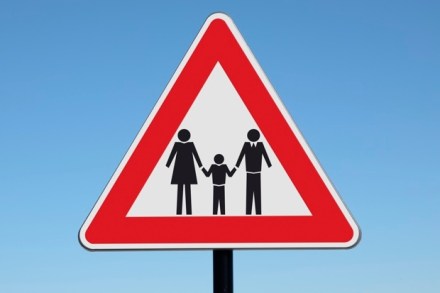My drug trials
Antidepressants saved my life, I am sure of that. But I am also certain they made my mental illness much worse too. It has taken just under two years from my first very dark thoughts to me feeling sane and — largely — back in control of my mind. That’s not merely because it takes time to heal, but because it took at least six months for the doctors to work out what pills to give me. My symptoms of anxiety and depression started in the spring of 2016, and the first few drugs I was prescribed didn’t work. In fact, they really did just make things worse. The GP


















